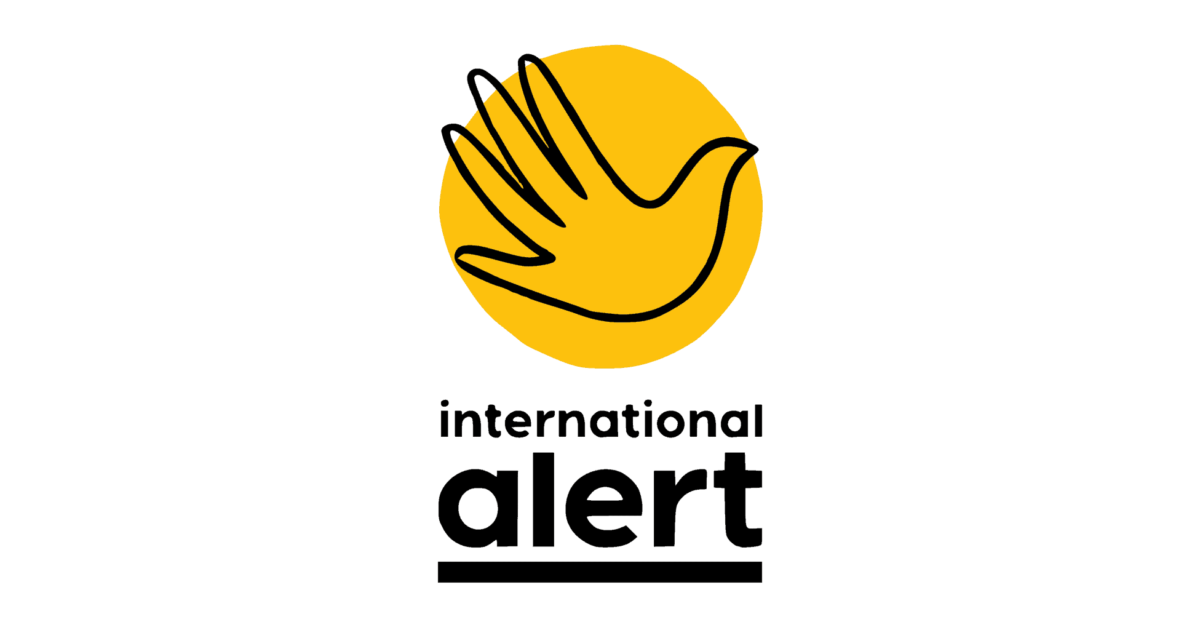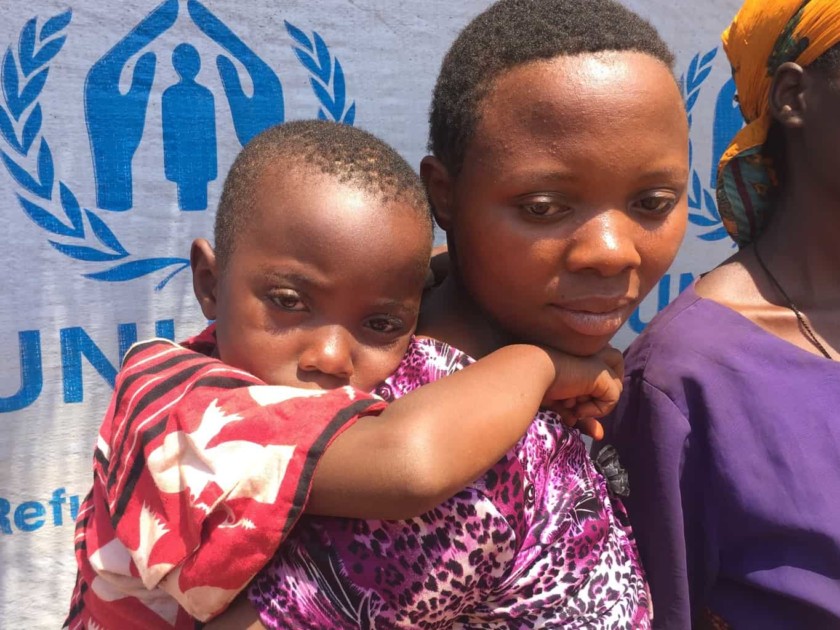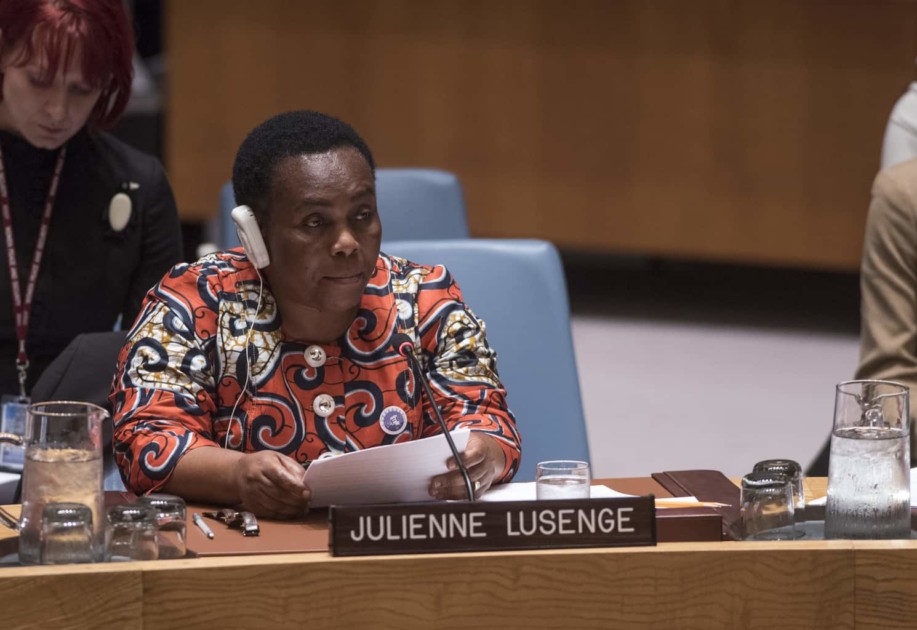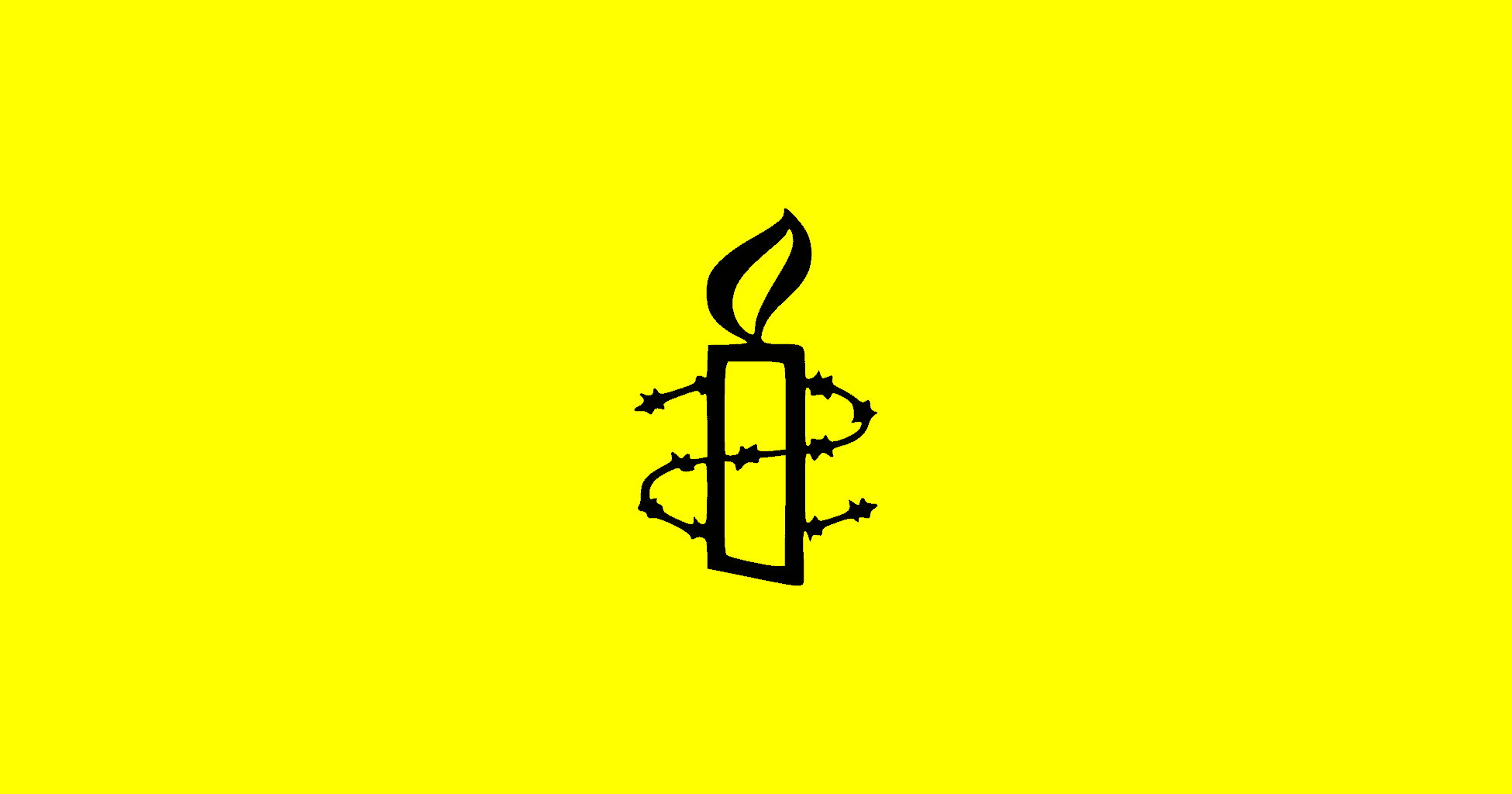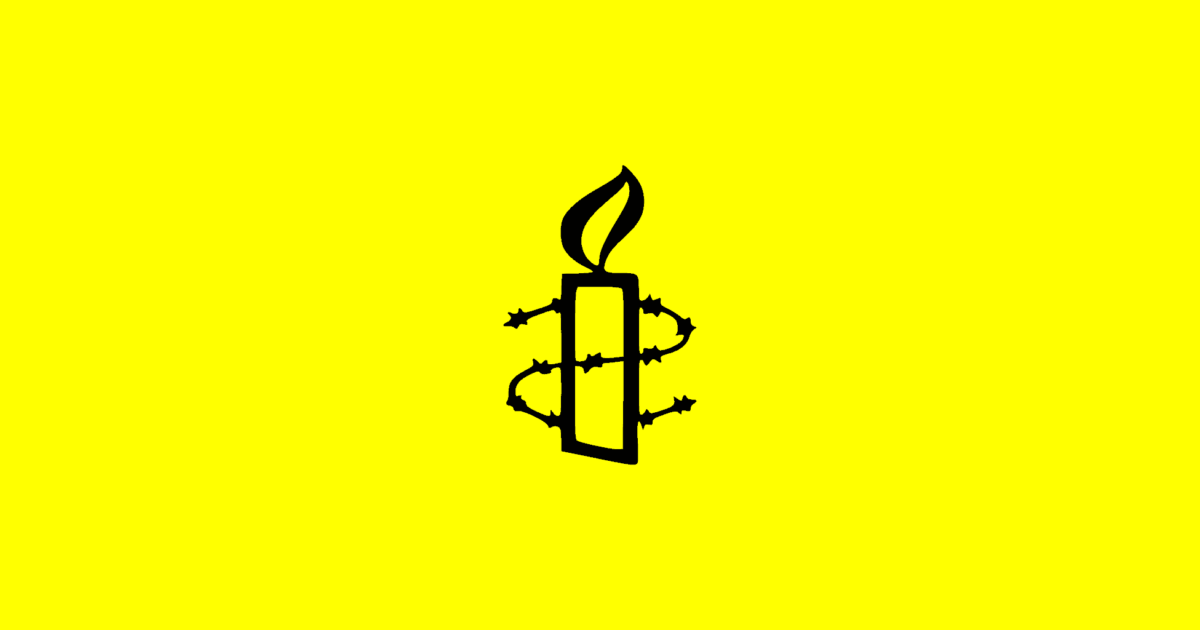Africa
Africa
Current and Past Recommendations to the UN Security Council (Monthly Action Points)
The situation in the Central African Republic (CAR) continues to worsen, with increasing violence, insecurity, and tensions amongst armed factions. According to the UN Office for the Coordination of Humanitarian Affairs, as of November 2017, there are 601,300 internally displaced persons, and the total number of refugees is around 545,500, the highest since mid-2014. Extensive reports of SGBV, often used as a weapon of war by armed groups, and slavery have been documented; survivors report having been assaulted in their homes, during door-to-door raids, or as they fled the violence. In several cases, rapes were exacerbated by additional violence, including torture or killing of family members. Most survivors did not receive essential post-rape medical or mental health care until days or weeks later, if at all, due to non-functioning services, lack of knowledge about services, or lack of funds to pay for medical care and associated costs. It is imperative that human rights monitoring continues; that individuals and entities participating in acts that undermine peace, stability, and security in CAR are identified and brought to justice; and that survivors of physical and sexual violence receive adequate treatment. In its renewal of the mandate of the panel of experts (PoE), the Council should:
- Call for the collection and analysis of information on violations of human rights, including SGBV, exploitation and abuse by all parties, including targeting women and girls, through consultation with civil society organizations (CSOs) during field visits (S/RES/2122 (2013), OP 6) and briefings by the SRSG on Sexual violence in conflict & UN-Women (S/RES/1960 (2010), OP 7).
- Call for the inclusion of gender expertise in the PoE to support the consideration of gender as a cross-cutting issue across the work of the PoE and the Committee (S/RES/2242 (2015), OP 6).
- Call for the inclusion of information on the situation for women, including sex and age-disaggregated analysis of data collection, and gender analysis throughout all interim and annual reports.
The situation in the Central African Republic (CAR) continues to worsen, with increasing violence, insecurity, and tensions amongst armed factions. According to the UN Office for the Coordination of Humanitarian Affairs, as of November 2017, there are 601,300 internally displaced persons, and the total number of refugees is around 545,500, the highest since mid-2014. Extensive reports of SGBV, often used as a weapon of war by armed groups, and slavery have been documented; survivors report having been assaulted in their homes, during door-to-door raids, or as they fled the violence. In several cases, rapes were exacerbated by additional violence, including torture or killing of family members. Most survivors did not receive essential post-rape medical or mental health care until days or weeks later, if at all, due to non-functioning services, lack of knowledge about services, or lack of funds to pay for medical care and associated costs. It is imperative that human rights monitoring continues; that individuals and entities participating in acts that undermine peace, stability, and security in CAR are identified and brought to justice; and that survivors of physical and sexual violence receive adequate treatment. In its renewal of the mandate of the panel of experts (PoE), the Council should:
- Call for the collection and analysis of information on violations of human rights, including SGBV, exploitation and abuse by all parties, including targeting women and girls, through consultation with civil society organizations (CSOs) during field visits (S/RES/2122 (2013), OP 6) and briefings by the SRSG on Sexual violence in conflict & UN-Women (S/RES/1960 (2010), OP 7).
- Call for the inclusion of gender expertise in the PoE to support the consideration of gender as a cross-cutting issue across the work of the PoE and the Committee (S/RES/2242 (2015), OP 6).
- Call for the inclusion of information on the situation for women, including sex and age-disaggregated analysis of data collection, and gender analysis throughout all interim and annual reports.
Relevant Resources
